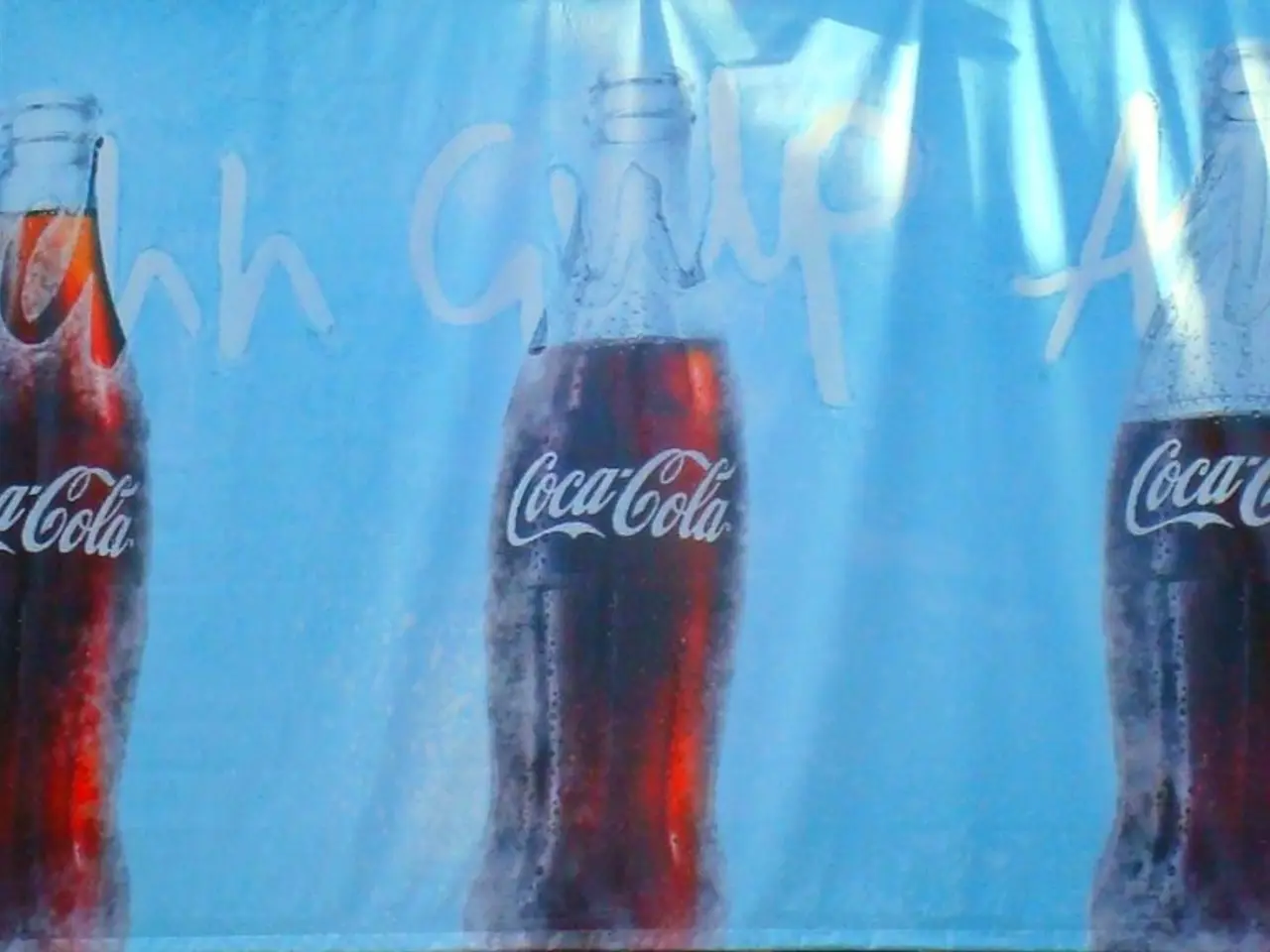The Meaning Behind 'Made in USA': An Explanation
In the realm of consumer goods, the label "Made in USA" has long been a symbol of quality and patriotism. However, the Federal Trade Commission (FTC) has made it clear that this label can only be used if a product is genuinely made in the United States, with strict regulations in place to ensure authenticity.
According to the FTC, a product can be labeled "Made in USA" only if it is "all or virtually all" made in the United States. This means that all significant parts, processing, and labor must originate in the U.S. The FTC assesses this by considering multiple factors, including the proportion of total manufacturing costs assigned to U.S. parts and processing, how far removed any foreign content is from the finished product, and the importance of foreign content to the product’s form or function. Even a minor foreign component or processing that is more than negligible can make an unqualified "Made in USA" claim deceptive and therefore prohibited.
The FTC looks at the total costs of manufacturing materials, direct labor, and overhead as part of the analysis, but costs alone do not tell the whole story if foreign content represents a significant portion of the product’s processing or parts. If a product includes foreign components but the final principal assembly happens in the United States and that assembly is substantial, then it can be labeled "Assembled in USA," provided the product’s last "substantial transformation" also occurred in the U.S.
The FTC enforces this standard rigorously, issuing warnings and penalties against companies making false or unsubstantiated "Made in USA" claims, as it considers such claims as potentially deceptive advertising. In recent years, the FTC has sent warning letters to major retailers like Amazon and Walmart regarding third-party sellers making false Made in America claims on their marketplaces.
For brands that strive to create entirely made in USA products, the supply chain can present challenges. Many suppliers are scaled to cater to much larger buyers, making it difficult for indie brands to source the materials they need in the quantities they require. Despite these hurdles, brands like American Trench have managed to manufacture their products, such as the Retro Stripe, in the U.S. from American-made materials. The cotton for the American Trench Retro Stripe, for example, is grown in North and South Carolina.
The somewhat subjective nature of the law, combined with previously lax enforcement, could give the FTC plenty of potential targets in the coming years. The FTC has already sent $140,000 worth of refunds to customers of several New England-based brands that had falsely claimed their products were made in America. The FTC's roster of recent lawsuits and warnings might motivate some bad actors to change their labeling or seek legitimate US suppliers.
However, labeling a product "Made in USA" when in fact it's cut from foreign-made fabric is an increasingly risky proposition. "Made in the USA From Imported Materials" doesn't have quite the same ring to it, making some companies less likely to use this labeling. For brands looking to tout their American-made credentials, staying on the right side of the FTC's complex labeling regulations is just one of the many hurdles involved in earning the right to label something Made in USA.
- The FTC's strict regulations ensure that a product labeled "Made in USA" is genuinely manufactured in the United States, with all significant parts, processing, and labor originating in the U.S.
- Brands striving to create entirely made in USA products, like American Trench, face challenges in sourcing materials in the quantities they require from scaled suppliers.
- The FTC, in its rigorous enforcement, issues penalties against companies making false or unsubstantiated Made in America claims, as such claims are considered deceptive advertising.
- Labeling a product "Made in USA" when it's actually cut from foreign-made fabric is an increasingly risky proposition, as it may lead to penalties from the FTC.
- In the fashion-and-beauty and home-and-garden industries, staying on the right side of the FTC's complex labeling regulations is crucial for brands looking to tout their American-made credentials.
- The somewhat subjective nature of the law, combined with previously lax enforcement, could give the FTC plenty of potential targets in enforcement actions in the coming years.




